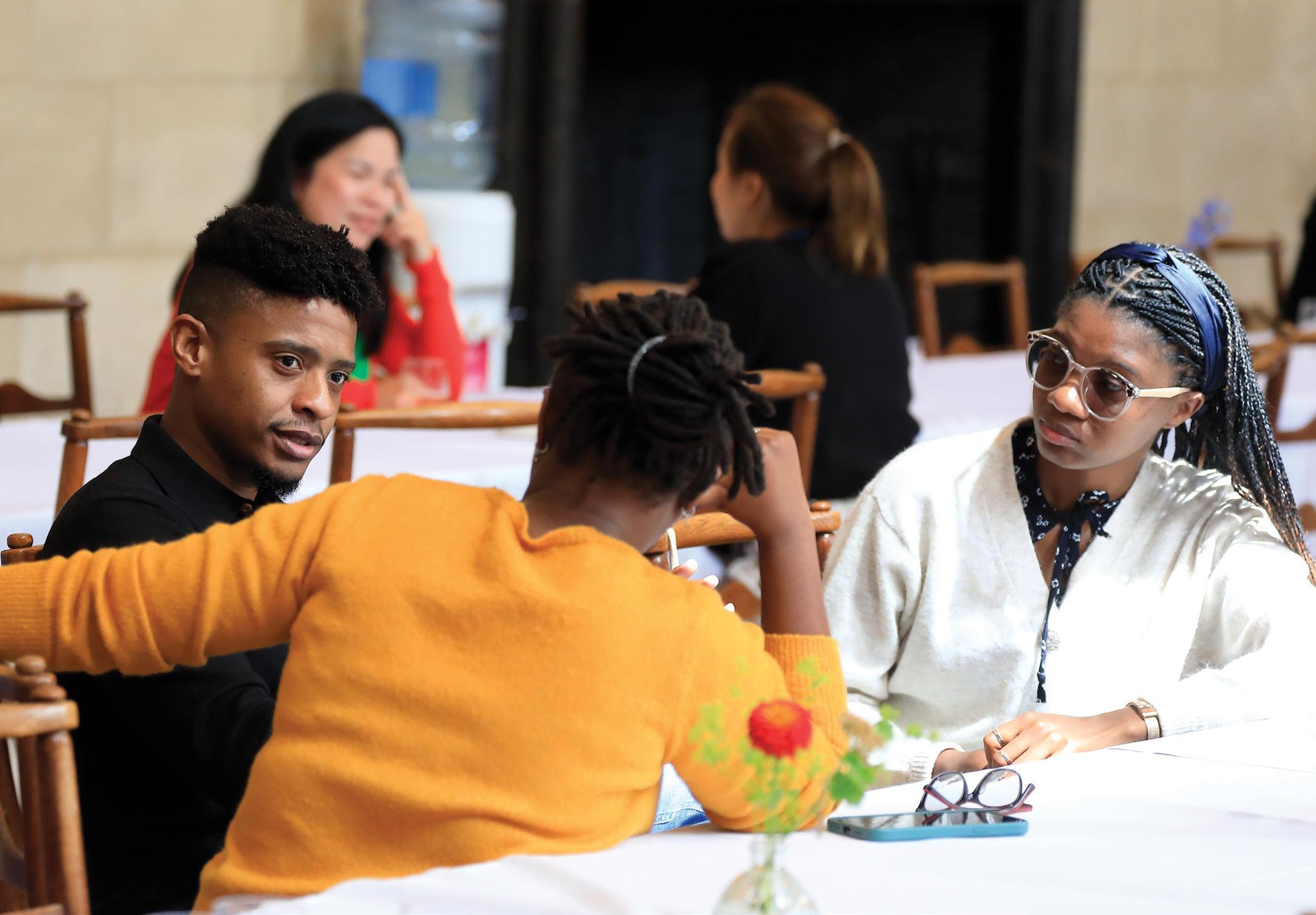
July 11-14, 2024 | Oxford, United Kingdom


July 11-14, 2024 | Oxford, United Kingdom
OUR VISION Harness the collective power, leadership and creativity of the Atlantic community to build a flourishing ecosystem of global changemakers who connect and collaborate across borders, developing (k)new perspectives, knowledge and skills in order to build more equitable organizations, communities, nations and a more just world.
OUR MISSION To build platforms and convene the Atlantic community across programs to collaborate, reimagine and act on shared and new possibilities that address the underlying systemic causes of inequity, locally, regionally and globally.
For more information, go to the website: atlanticfellows.org/the-atlantic-institute
We are delighted to be welcoming you to the Global Atlantic Fellows Annual Convening 2024 in the beautiful city of Oxford. This convening marks the official start of your lifelong journey to tackle inequities as part of this global community of Fellows and staff from all seven Atlantic Fellows programs. During your time in Oxford, you will also meet with members of the Global Atlantic Fellows Advisory Board (GFAB), the Atlantic Institute Governing Board (AIGB) and some of the Atlantic Fellows program board members.
The primary purpose of this convening is to find connection and solidarity with each other. We will also seek to provide courageous content that will inspire and expand your horizons and spaces for calling others to action .
We aim to make the Global Atlantic Fellows Annual Convening a catalytic convening that accelerates your ability to change the world. We hope it will be a transformative experience that inspires you through meaningful discussions and sharing ideas, with the potential for future collaborations. Many Fellows trace the genesis of their friendships, ideas and collaborations to their first global convening.
This booklet includes information about your journey to Oxford, what to expect when you get here and the program over the four days. Keep an eye on your emails and messages on a WhatsApp group set up for this convening where you will find up-to-date information, including any changes to the program.
If you have questions or concerns about the convening, please email us at: globalconvening2024@atlanticfellows.org.
We wish you a safe journey and look forward to meeting you.
Warmly,
Atlantic Institute teamOur global community of Atlantic Fellows is one of the world’s most diverse Fellowships across every measure. Fellows come from all walks of life and are based in over 80 countries. The Atlantic Institute supports courageous conversations set in a global context that focus on some of the root causes of inequality while also exploring pathways to change.
We interpret the world around us to make sense of our experiences and histories and we will explore many different narratives. To that end, while we aim to profile many stories and ways of being, the breadth of our community and our limited time together means we may not be able to cover all the topics you want to explore. Please communicate respectfully, listen and try to empathize with one another as we strive to connect and deepen our understanding of our different histories, ideologies and ways of doing and being.
Show up with kindness and integrity as you connect with people who bring different perspectives and experiences:
• Share your own perspectives with authenticity, grace and care.
• Sometimes step back and listen to others to ensure space for perspectives/ narratives/stories different from yours.
• Engage in courageous conversations, including disagreements, with kindness and empathy — deconstruct but also focus on rebuilding and (k)new solutions (ie., draw on longer histories, knowledge and ways of being that are also made possible by leaps in innovation to catalyze our community to (k)new thinking and action through the wisdom we collectively hold and the possibility of the unimagined.)
• Recognize your privilege and power, and take action to challenge the status quo and lived realities.
• Feel free to reimagine a (k)new world with others in this community.
• Be mindful of others’ privacy if you share an experience or photos, particularly if you plan to post anything on social media.
Be leaderly and respectful in the way that you honor the gift of the Atlantic community:
• Show up on time for flights, transfers and programming. Be present and respectful of each other and the convenors.
• Be generous with your time and, where possible, your resources — in the spirit of reciprocity.
• Be kind and gracious in the receipt of resources. It is a community of love, but the staff are not your personal travel agents or assistants!
Share the results of your experiences as an Atlantic Fellow inside and outside of this community.
Respectful and courteous behavior is fundamental to our Institute’s ethos. Participants are kindly reminded that any form of abuse or mistreatment of staff members may result in a request to leave the convening.
We will always try to resolve conflicts where we can, but otherwise, attendees may be referred to our anti-harassment and bullying policy.
The United Kingdom refers to England, Scotland, Wales and Northern Ireland, with each of the four countries having contested histories. The nations are multicultural, with multiple narratives and ideas of national identity.
The earliest known humans arrived in these lands around 900,000 years ago, developing settlements, communities, technologies and sacred spaces, such as Stonehenge on Salisbury Plain, Wiltshire (a 90-minute drive from Oxford). The U.K.’s languages, customs, laws and peoples are all shaped by being conquered (for example, by the Romans and the Normans) but also by being conquerors and colonizers (during the British Empire, which at its height ruled over 400 million people).
Britain’s expansive role in exploration and colonization means that the shadow of the British Empire still looms large across the world. Its influence affects economies, cultures and politics well beyond its shores and the long-term effects are still one of the drivers of global inequality today. However, the United Kingdom has always been a place of contradictions that has contributed to inequity and injustice but also supports a more moral and just world. An example is the role played by the British in the slave trade. While the country benefited hugely from the trade and slavery in its colonies, many Britons were also leading members of the abolition movement and, in 1807, Parliament passed the Abolition of the Slave Trade Act1 which also pressured other countries into stopping the trade.

1 It should however be noted that this emancipation often did not result in liberation for those nominally freed as Kris Manjapra explains in “Black Ghost of Empire: The Long Death of Slavery and the Failure of Emancipation” (2022): “Emancipation, as a process to abolish slavery, is something different from and effectively antithetical to the Black liberation struggle… [E]mancipations are processes owned and run by slave-owners and their states, often aimed at containing and constraining the future possibilities of Black freedom.”
A similar contradiction can be found in looking at the social impact of the Industrial Revolution and the move out of the countryside into the cities. Whereas the industrialist class rapidly grew economically and inequity increased, the vanguard of labor movements emerged from the urban poor, working-class communities in the United Kingdom. The enduring impact of these movements on labor, human rights and equity2 can be felt worldwide.
The global power of the United Kingdom has declined in a multipolar world. Twenty years ago, it had the fourth largest economy in the world, however, estimates suggest that by 2050 it will rank 10th and be dwarfed by countries such as China and India. More worryingly for many poor and working-class Britons is the country’s stubborn economic stagnation and growing inequality. Research suggests that by removing London’s output and headcount, living standards in the United Kingdom are similar to Mississippi, the poorest state in the United States. According to research, with high levels of inequality and the unequal distribution of wealth and income, by the end of the decade, the average Polish family will be better off than the average family in the U.K.
The country’s future lies at a crossroads after Brexit and a long period of economic stagnation. Although the economy is now out of recession, it is recovering very slowly. The new prime minister elected on July 4 will play a major role in determining the future of its population and its relationship with the rest of the world.
Oxford dates back to an original settlement in the 8th century in the Saxon period. The earliest evidence of teaching here was in 1096, shortly after the Norman conquest.
The Normans stayed for 300 years, during which time Oxford grew in national importance. The city later played a part in the civil war when King Charles I retreated to Oxford where he held court at one of the colleges, Christchurch, for a brief time in the 1600s. In the 19th century, Oxford grew in size, experiencing an industrial boom in the early 20th century with the advent of major printing and car manufacturing industries, both of which continue today.
The beauty of the city’s architecture, waterways and green spaces, and whimsical elements such as the famous grotesques and gargoyles on the buildings, have inspired authors and creatives including C.S. Lewis, J.R.R. Tolkien, R. F. Kuang and Philip Pullman. Their writings have fuelled imaginative and fantastical versions of Oxford in the public consciousness. The city is an ethnically and socially diverse home to 160,000 people. However, it is also a starkly unequal city and is the second least affordable city in the U.K. to buy a home outside of London .
2
The city is known for the University of Oxford, ranked first in the world for many years running. The University, which has educated 30 British prime ministers as well as other world leaders, was described as “the energising source of Empire’’ by the British imperialist, Cecil John Rhodes, the founder of the Rhodes Trust. The prestige of the University, its wealth3 and its influential networks also give it an outsized role in world affairs and knowledge production.
At this convening, we will consider some of the past and recent histories of Oxford, the United Kingdom and the Rhodes Trust. We will also explore ideas of power in context, widening the aperture of history to view different forms of power — social, cultural, political and economic, and see how narratives continue to be reframed and rewritten. We will also consider how change can happen within institutions and in “the corridors of power.”
As in many countries worldwide, there are ongoing debates in the United Kingdom about reparations and redress. Many nations, including those in the Caribbean and Africa, have at an international level demanded apologies and reparations and their efforts are gaining traction. For example, six in ten Britons are now in favor of their country apologizing to countries in the Caribbean. Similarly, an anti-racism protest in Bristol in 2020 illustrated the continued fury of many, culminating in the toppling of a statue of 17th-century slave trader, Edward Colston .
As part of its efforts to redress social injustices, the University of Oxford has initiated a wide range of projects to present other historical perspectives and repair historical and current inequities.4 The Rhodes Trust 5, which hosts the Atlantic Institute, is also reckoning with its difficult legacy and that of its founder whose vision was of a global society centered around the British Empire.
The Trust openly acknowledges:
“Racism, patriarchy and other forms of exclusion have played a significant role in the history of the Rhodes Trust. While we have moved beyond our past in important ways, much more is required. Our mission and complicated legacy drive us to play a proactive role in this work. We embrace the opportunity to continuously improve and to enhance our ability to develop leaders who will make positive change.”
The Trust has made significant strides toward repair by focusing on three elements: re-imagining Rhodes House, responding to its history and focusing on Africa in the 21st century.
The Trust is raising £75 million to increase the number of fully endowed Rhodes Scholarships for students from Africa from 17 to 32 per year, as well as widening access to applicants from other countries: increasing the number of Rhodes Scholars from countries in the Middle East (Syria, Jordan, Lebanon and Palestine), Pakistan, Latin America and historically Black colleges in the
3 The University of Oxford has endowment assets of £1.7bn. Individual colleges have their own endowment assets, which amount to £6.4 bn.
4 Find out more here: oxfordandcolonialism.web.ox.ac.
5 The Trust is most well known for running the Rhodes Scholarship (first awarded in 1902), a fully-funded postgraduate award which enables talented young people from around the world to study at the University of Oxford.
United States. Furthermore, as the Trust diversifies its intake, it is also looking at ways to enhance the experience for all, including Indigenous scholars, LGBTQI+ scholars, scholars with disabilities and undocumented scholars, strengthening their mechanisms for academic, financial, personal and career support.
Rhodes House in Oxford (where the Trust and the Atlantic Institute are based) is now more accessible to the public and through arts curation has transformed spaces and become a space of discussion for reckoning with the past. The Rhodes Trust has also become an umbrella organization for other fellowships working for a more equitable world: the Schmidt Science Fellowship, Rise and the Mandela Rhodes Foundation .
While the history of Rhodes Trust is difficult to reconcile, the decision to host the Atlantic Institute at the Trust was not taken lightly. It is part of a process of transformation and repair as Chris Oechsli, president and chief executive officer of The Atlantic Philanthropies, explained:
“After serious deliberations, Atlantic chose Rhodes and Oxford purposefully. Partnering with Rhodes was seen as an opportunity for Atlantic [Philanthropies] and Atlantic Fellows to join the Rhodes Trust and Rhodes Scholars in recognizing and moving beyond this painful legacy through open, honest, thought-provoking and solutions-oriented discussions, as Chuck had done in seeking to bring an end to Northern Ireland’s Troubles.”
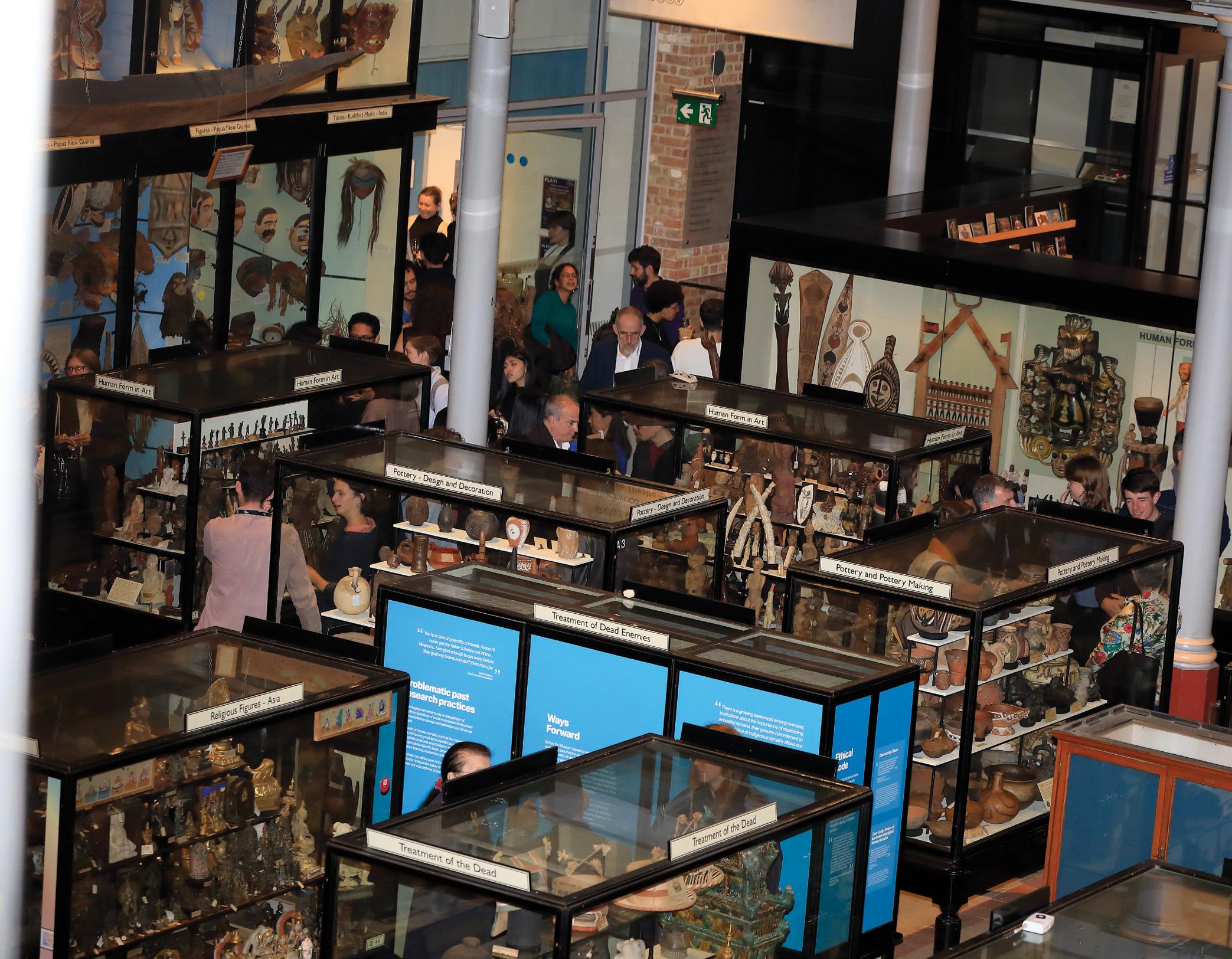
Read more about how the Atlantic Institute came to be located at Rhodes in “Our Founding Story ”. During our time together, you will have the opportunity to grapple with this complexity in many ways, including:
• Being a part of a group that creates an experience or ritual to make Fellows more comfortable about entering Rhodes House.
• Talking with Oxford academics and community organizers about community action in Oxford.
• Meeting staff from the Atlantic Institute and the Rhodes Trust.
• Taking part in guided tours that explore Oxford’s uncomfortable histories.
• Joining a guided tour of Rhodes House.
• Meeting with some of the artists linked with the artwork you will see at Rhodes House.
• Meeting Atlantic Institute Governing Board members.
• Accessing psychosocial support and peer-mentoring opportunities.
• Accessing community support and healing spaces with other Fellows.
If you were not aware of Cecil Rhodes and the current legacy debates, here are suggested sources to find out more:
Podcasts
1. “Rhodes Must Fall” by History Extra.
2. As part of the series “Legacy” from Wondery and Goalhanger Podcasts, listen to “Cecil Rhodes,” co-hosted by Afua Hirsch and Peter Frankopan. Subscribe via Wondery, Apple, Spotify or wherever you get your podcasts!
3. “Cecil Rhodes and the Legacy of Colonialism,” The Guardian’s “Today in Focus” podcast.
Reading
1. “Cecil John Rhodes ” on South African History Online:
2. “‘Colonialism had never really ended’: my life in the shadow of Cecil Rhodes”, authored by Simukai Chigudu
3. “Between Rhodes and Me: Cecil Rhodes’ Legacy is Robert Mugabe and Emmerson Mnangagwa” , authored by Naseemah Mohamed
4. Please watch this conversation with Atlantic Fellows Marcus Akuhata-Brown and Bayanda Ndumiso, and Atlantic Institute Executive Director (2020-2024), Evie O’Brien (not for circulation).
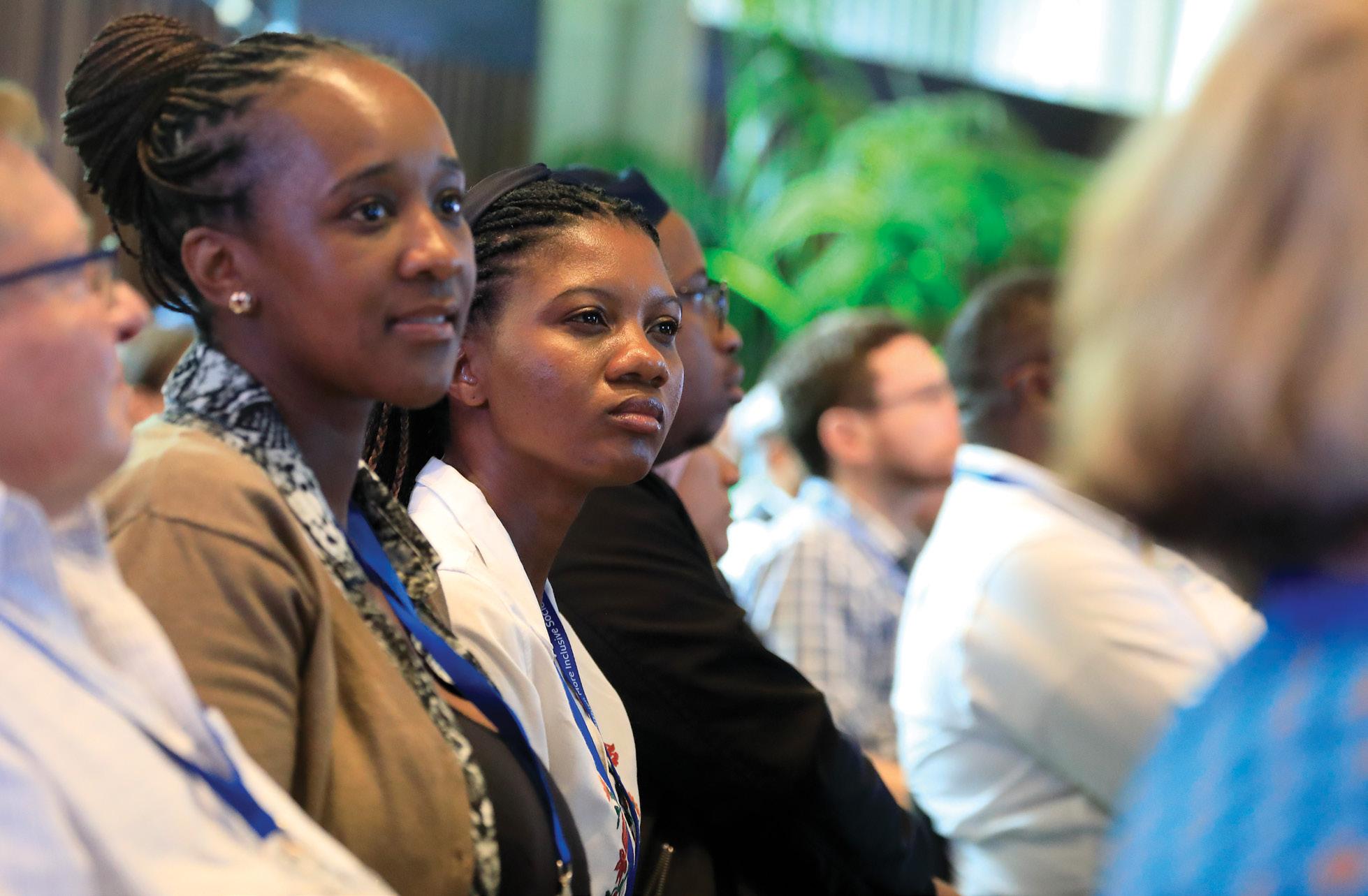
Each year, the Atlantic Institute hosts a welcome ceremony for the newest cohorts of Fellows who have completed their Atlantic Fellows program. The Global Atlantic Fellows Annual Convening formally marks your entry into the Global Atlantic Fellows community. The convening is co-designed by groups of Fellows that include the Global Atlantic Fellows Advisory Board (GFAB) as well as program staff. We also take on board the feedback from those who attended our previous global convenings.
Our pedagogical (teaching and learning) approach is a combination of “consciousness raising” and “action-reflection.” It draws on the concepts of Brazilian educator and philosopher, Paulo Freire, who said:
“It is not enough for people to come together in dialogue in order to gain knowledge of their social reality. They must act together upon their environment in order critically to reflect upon their reality and so transform it through further action and critical reflection.”
We have woven the voices of Global Atlantic Fellows into the design of the convening, so you can experience:
• Self-reflection and critical disjuncture through panels, workshops and Fellowled conversations.
• Small group discussions to grapple with complexity.
• Open space methodology to explore interests with others.
• Tours of Oxford to better understand the city’s history of inequality and its present-day challenges.
• Thematic conversations for Fellows, so those with shared interests have opportunities to connect.
• Arts, music and creative spaces that encourage the sharing of diverse realities and perspectives.
• Spaces for mindfulness, spirituality and rest, exercise and meditation.
We hope that the convening will help:
• Clarify the purpose of the Global Atlantic Fellows community and the role of the Atlantic Institute in supporting it. Provide you with opportunities to connect across programs, disciplines, cultures and ideologies in the spirit of curiosity, reciprocity and collaboration.
• Offer stimulating content that inspires and extends perspectives on equity.
• Make you feel part of a global community for collaboration and impact , so you are more ready to commit to the next steps and actions.
Every day will start with morning wellness activities led by Fellows as well as sessions to boost well-being and creativity later in the day.
• There will be artistic interludes throughout the program, in which Fellows sing, play an instrument, dance or share poetry.
• We will ask you to sign up for some of the activities , so please keep a close eye on emails and WhatsApp messages from us.
You will be in a Home Group of 14-15 Fellows from across the programs who will journey with you through the convening. You will be assigned to your group and stay connected with its other Fellows before and during the convening, supported by an experienced Home Group Lead.
Home Groups are designed to give you a sense of belonging and fellowship with the other members. In these smaller, more intimate, cross-program groups, you may feel more comfortable connecting, decoding and discussing issues arising from the convening.
• They provide a space to get to know each other across programs, disciplines, cultures and ideologies, opening up possibilities of relationships that will carry into the wider convening and beyond.
• They help you feel supported when engaging in courageous conversations: providing space to decode the content and experiences of the wider convening, kindling curiosity across differences, and exploring diverse perspectives and understandings.
• They give you the space to imagine what could be achieved through collaboration across the community and nurture the seeds of action.
• They provide a contact point for you to ask questions and find information and support — from the planning stage to the convening itself.
Before the convening, you will meet members of your Home Group virtually as well as via WhatsApp. During the convening, you will be in touch with your Home Group, both online and in person. We expect everyone attending to be fully present at the convening. However, we understand that in certain cases this may not be possible due to sickness, mental health issues or other conditions. Please let your Home Group Lead know if you will not be attending any of the sessions.
You will belong to a WhatsApp Group for everyone attending the convening and for your own Home Groups. The Home Group WhatsApp will be where we share urgent updates and information.
DAY 1: THURSDAY, JULY 11
To focus primarily on building connections between you and the other Fellows and others in the Atlantic Fellows community (the program staff, Atlantic Institute staff and board members)
REGISTRATION 9 AM
THE CONVENING 10 AM — 5.30 PM THE (OPTIONAL) LECTURE ........................................................................... 5.30 PM — 6.30 PM
................................................................................... 8 PM — 10.30 PM
OVER THE DAY WE WILL:
• Introduce you to the place.
• Give you time to reunite with Fellows from your program.
• Map your Fellowship journey with your Home Group.
• Each program will deliver a PetchaKucha presentation on approaches to change.
• Join an optional lecture and discussion from 5.30 pm-6.30 pm with:
– The Oxford Community History Hub (Dr. Priya Atwal, University of Oxford)
– Community activists, Hassan Sabrie and Mujahid Hamid, from Oxford Community Action.
• Join a welcome party: light refreshments and food followed by ceilidh dancing (bring your dancing shoes for this traditional Scottish and Irish dance).
DAY 2: FRIDAY, JULY 12
To focus on community building, make new relationships and strengthen existing ones. We will also introduce you to other Fellows with similar interests.
PRESENTERS FOR THE IDEAS MARKETPLACE ARE ENCOURAGED TO ARRIVE AT THE VENUE .............................................. 9 AM
REGISTRATION 9 AM
OVER THE DAY WE WILL:
• Explore the Collaboration and Ideas Marketplace where Fellows can present their work and interests to others.
• Have a networking session where you can meet other established groups of Fellows working on issues together.
• Listen to a panel discussion examining global solidarity, looking particularly at critical conflicts in the world.
• Connect with others through an open space methodology to explore and discuss various issues suggested by other Fellows. Offer a topic for discussion or join a group to discuss something you are interested in.
• Join a Home Group picnic (weather permitting).
DAY 3: SATURDAY, JULY 13
To push ourselves into deep dialogue and courageous conversations and use the city of Oxford as a place of site-based learning. We will move to Rhodes House and grapple with its difficult legacy and approaches to change.
THE RHODES HOUSE RITUAL OR TOUR ................................................... 9 AM THE FORMAL CONVENING PROGRAM 10 AM — 3.30 PM
OVER THE DAY WE WILL:
• Offer an optional ritual for those entering Rhodes House to feel culturally safe.
• Join guided tours of Rhodes House.
• Listen and engage with Rhodes Scholar, Dr. Nadiya Figueroa, who will deliver a session entitled Change on Agents in Corridors of Power: Tensions in Walking the Long Arc.
• Listen and engage with Atlantic Fellow for Social Equity, Durkhanai Ayubi, who will deliver a session entitled The Botany of Reclamation: Reaping Fruits of Possibility from the Darkness.
• Breakout into multiple “fireside chats” on brain health and diversity, narrative and reparations and an interactive workshop to explore accessible technology and hybrid ways of collaborating and performing internationally.
• Join tours of Oxford that reckon with the more uncomfortable side of history, and visits to the XR Lab.
• Join your Home Group for dinner at a local Oxford restaurant.
DAY 4: SUNDAY, JULY 14
Our last day together will look at how we can continue working together to make a fairer, healthier and more inclusive world.
THE FORMAL CONVENING PROGRAM 9 AM — 1 PM
WORKSHOPS (OPTIONAL) 2 PM — 4 PM WORKSHOPS (OPTIONAL) ........................................................................... 2 PM — 6 PM
OVER THE DAY WE WILL:
• Break out into action groups to ideate and think together.
• Learn more about the global Atlantic Fellows community.
• Develop new skills at workshops that include:
– Reflection Through a Music Workshop
– Activating Realities: World-building through XR
– From Trapped Narratives to Transformative Justice
– How to be an Imagination Activist
– The Anti-leadership Leader: Starting and Ending with Values
• Continue to connect, collaborate and exchange by sharing your singing, music-making, storytelling and dancing at our closing night event!
“You don’t feel afraid to be you. Because of the spaces we’re working in, we have to work within a certain protocol that people are expecting of you. But here, you can just throw questions and you’re not afraid. They’re courageous conversations.”
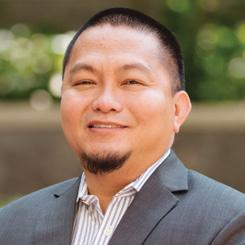
ALFREDO CORO II
Atlantic Fellow for Health Equity in Southeast Asia
“I enjoyed the idea that most of it was run by Fellows themselves. It was good to see ‘equity’ at work where gender, race, age and both the global south and north were well represented and integrated.”
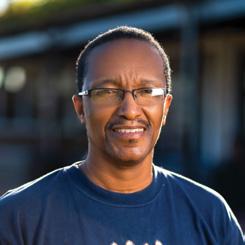
LEBO MOLETE
Atlantic Fellow for Health Equity in South Africa
“I find hope for the wonderful connections and creative work that is yet to come through the XR Lab. Having a physical space for Fellows to learn, test and create with Extended Realities is an enormous endeavor. Spaces like these nurture the fire of solidarity and exchange among a global community.”
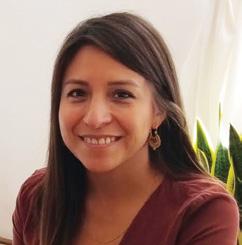 MYRIAM HERNÁNDEZ
MYRIAM HERNÁNDEZ
Atlantic
Fellowfor Social and Economic Equity
“I came there expecting to recuperate, connect with people I know, challenge myself and come away with new connections. All that happened and everything else that I wasn’t expecting was such a wonderful bonus.”
SCOTT HOWELLAtlantic Fellow for Health Equity
U.S. + Global
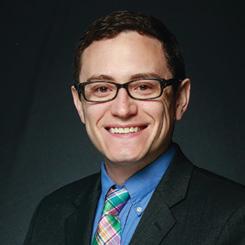
“The convening opened up an opportunity for courageous conversations, sowing ideas for future collaborations with other Fellows. This global meeting also served as a catalyst for dismantling unfair systems to bring a more equitable world.”
CHUKWUANUGO OGBUAGU
Atlantic Fellow for Equity in Brain Health
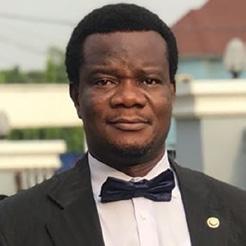
“Meeting Fellows from across the globe was inspiring and empowering. A highlight for me was the dinner at the museum where we had time to connect and learn about each other’s passions, cultures, languages and family.”
Atlantic Fellow for Social Equity
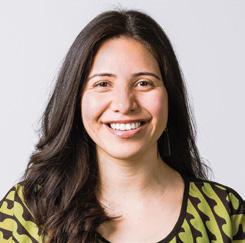
“I loved the presentation on futurism. That was so helpful to me.”
BETSY HODGESAtlantic
Fellowfor Racial Equity
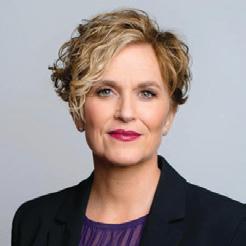
As a global community, we balance equity and health concerns to limit transmission through social distancing and high vaccine take-up. We are mindful of our collective responsibility to act in ways to reduce the risk of transmission, which could result in serious illness and loss of life especially for those who have underlying health conditions.
Regardless of governmental or institutional guidelines, we as a community are committed to a collective care approach and a focus on solidarity and care for others. We do not require masking during our convenings, and wearing a mask is entirely voluntary. However, if you are feeling unwell, we request that you stay in your room and contact one of the Atlantic Institute team who will assist you. In the event of a medical or mental health emergency, please contact Amanda Oduka: amanda.oduka@atlanticfellows.org
This will be available at Rhodes House from July 10. The garden will be a “no-talk” zone, offering a space for quiet reflection and relaxation which you can retreat to at any point during the program.
Your health and well-being are important to us, which is why we are offering the options below during the convening:
• A healing space led by Fellows (please refer to your program for times).
• Daily meditation, yoga and tai chi.
• Psychosocial support with two trained psychotherapists. A confidential booking system will be available for you to book counselling slots throughout the convening. They will be from July 10 to July 15.
• A creative playroom.
• A chill tent for quiet reflection.
This will be available at Rhodes House from July 10 as a space for relaxing and expressing yourself through self-guided painting, drawing and/or being creative in other ways. There will be a series of prompts around the room to help get your creative juices flowing in a way that connects with your own interests. You can jump in and engage with this individually or collectively as soon as you arrive, in the break times or whenever you can grab half an hour or more to put pen or brush to paper. Whether you are a beginner or a seasoned artist, everyone is welcome!
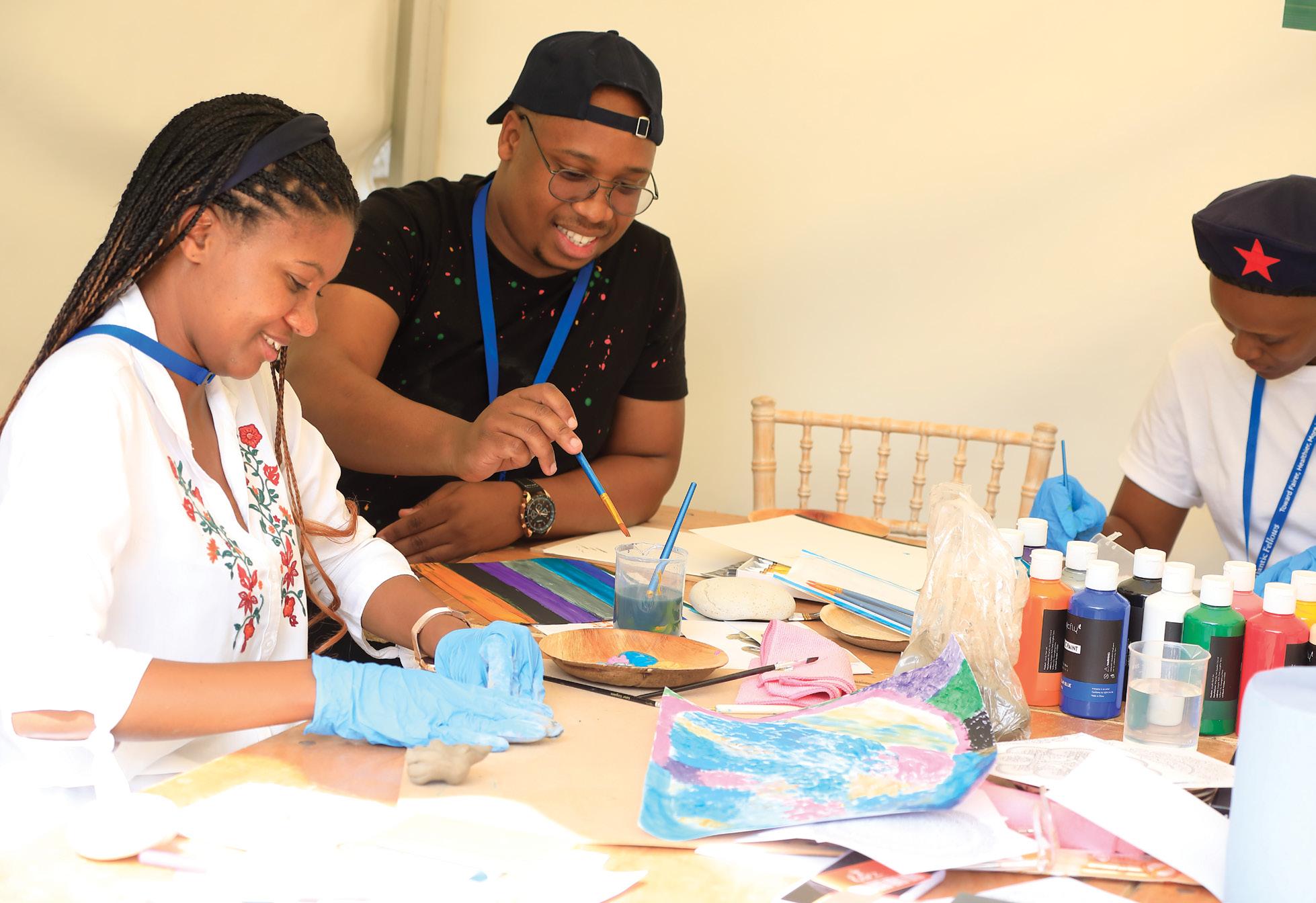
The company, Take Two, is making all of your flight arrangements. Airport transfers will be arranged from the airport (details below). You may need to prove that you have a valid reason for entering the U.K. to an immigration officer at border control. Airline staff at the check-in may also request you to provide additional documentation to support your case, so please keep a printed copy of:
• Your return airline ticket.
• Proof of accommodation.
• Bank statements that show you have sufficient funds for the duration of the stay. Please contact Kim Ooi at: kim.ooi@atlanticfellows.org if this is a concern and we will arrange additional paperwork for you. All details will be kept confidential.
• Your passport must be valid for at least six months before the date of return and have two blank pages. (Three blank pages are needed for visas from South Africa.)
• Any additional information requested when you applied.
For those arriving by air, transport from the airport to your accommodation will be arranged by Take Two. Transfer details will be emailed to you separately. The driver waiting for you at airport arrivals will hold an “Atlantic Institute” sign.
If you cannot find the driver or if you are delayed, please contact David Mallinson at d.mallinson@atlanticfellows.org , or the driver directly at the contact details provided.
Atlantic Fellows attending the convening will receive a per diem payment to a virtual B4B card on July 1.
From the total amount of £200, £125 should cover single-trip travel insurance, incidentals, and transfers to the airport in your home country. An additional £75 should cover self-organized dinners for three days at a rate of £25 per dinner. This is a contribution toward your travel costs and stay in Oxford. As we are not able to meet the full financial needs of all the participants, we ask that you bring any additional money you think you might need for food, entertainment, tourist activities and any extra amenities.
As confirmed in the letter you should have received from us, you will stay in either college or hotel accommodation. The first and second days of the convening will be held at Voco Oxford Spires, so transport will be provided if you are staying in the colleges for the return trip. On the third and fourth days when we are based at Rhodes House, we will provide transport if you are staying at Voco Oxford Spires and anyone staying in the colleges will be expected to take the short walk to Rhodes House. You can book a taxi if you prefer, but this will be at your own cost unless you have accessibility needs.
What costs are covered by the Atlantic Institute?
During your time here, the Atlantic Institute will cover the following costs:
• Breakfast, lunch and dinner each day as well as drinks during breaks.
• Accommodation during the convening.
• Wellness sessions during the convening program, specifically psychosocial counseling and art therapy.
What costs are not covered by the Atlantic Institute?
Room service: For those of you staying in hotels, while you are welcome to order anything to your room, please settle the bills immediately. Due to the large number of guests staying in our group, the hotel will not allow you to put charges to the room.
• Laundry: There are laundry facilities at your own cost. Detailed instructions and costs will be communicated to you.
• As all meals are provided, any meals outside of the established locations and venues are at your own cost.
• While you are welcome to extend your stay outside of the confirmed dates, you will be expected to cover any related costs.
On the first day, you will receive a tote bag from the Atlantic Institute and you can choose one of four gifts:
• A wooden, heat-resistant stand for pots and pans made by Fairtrade India.
• A painted candle made by Fairtrade Africa.
• A scarf made by Fairtrade India.
• Two chocolate bars from Arthouse Unlimited, a charity that presents the artistic talents of neuro-diverse adults living with complex neuro-diverse and physical support needs.
Many Fellows and program staff have said they want to take steps to reduce our carbon footprint, so we suggest you bring your own umbrella, water bottle, notepad and pens to the convening.
However, we will have spare water bottles, notebooks and pens for those who want them.
Print copies of the “Global Atlantic Fellows Guide” will also be available to anyone who prefers the traditional format to the online version.
• Branded cotton hoodies
Recently graduated Fellows from four programs (Atlantic Fellows for Racial Equity, Atlantic Fellows for Social and Economic Equity, Atlantic Fellows for Health Equity in South Africa and Atlantic Fellows for Social Equity) will receive a graduation gift from the Atlantic Institute. Each Fellow will be presented with a branded hoodie at Rhodes House on the third day of the convening. (Fellows from the other programs received their graduation gifts at their local program graduation ceremonies.)
PHOTOGRAPHY AND VIDEOGRAPHY
Photography and filming will be taking place at various points during the week. As part of completing the travel form, you indicated your preference to be included. If you have changed your mind for any reason, please email jacqueline.clyne@atlanticfellows.org.
As part of participating in this convening, you may be asked to share your experience with the global Atlantic Fellows community and the wider public by writing a blog, recording an audio blog, or taking photos or a video selfie. You can do this individually or collectively with other participating Fellows from other programs. You may be contacted by a member of the Atlantic Institute team during the convening, or if you want to volunteer, please let us know by contacting one of our team onsite.
WhatsApp can be downloaded on an Android, iPhone, MacWindows PC and the Windows Phone. Free WiFi is available at the airport once you have landed and your accommodation has stable WiFi connections. The WhatsApp groups will allow us to stay in touch before and after the convening.
If you want a SIM card for your mobile phone, we recommend that you buy one at airport arrivals. If you would like to purchase a SIM card outside of the airport, you will find them at most high street shops or supermarkets. Mobile phone networks offer a pay-as-you-go option for airtime and data (Three, Lebara, Giffgaffs are some options available). You should be able to top up your cell service by purchasing vouchers at various stores during your stay. For some SIM cards, you will need to top up the SIM card with minimum value credit (around £5) before activating it to obtain the U.K. mobile number.
E-SIMs are also available for many of the newer models of phone. They are embedded SIM cards and a useful way of keeping both your current SIM and a travel SIM. Providers include HolaFly, Orange and Vodafone, among others.
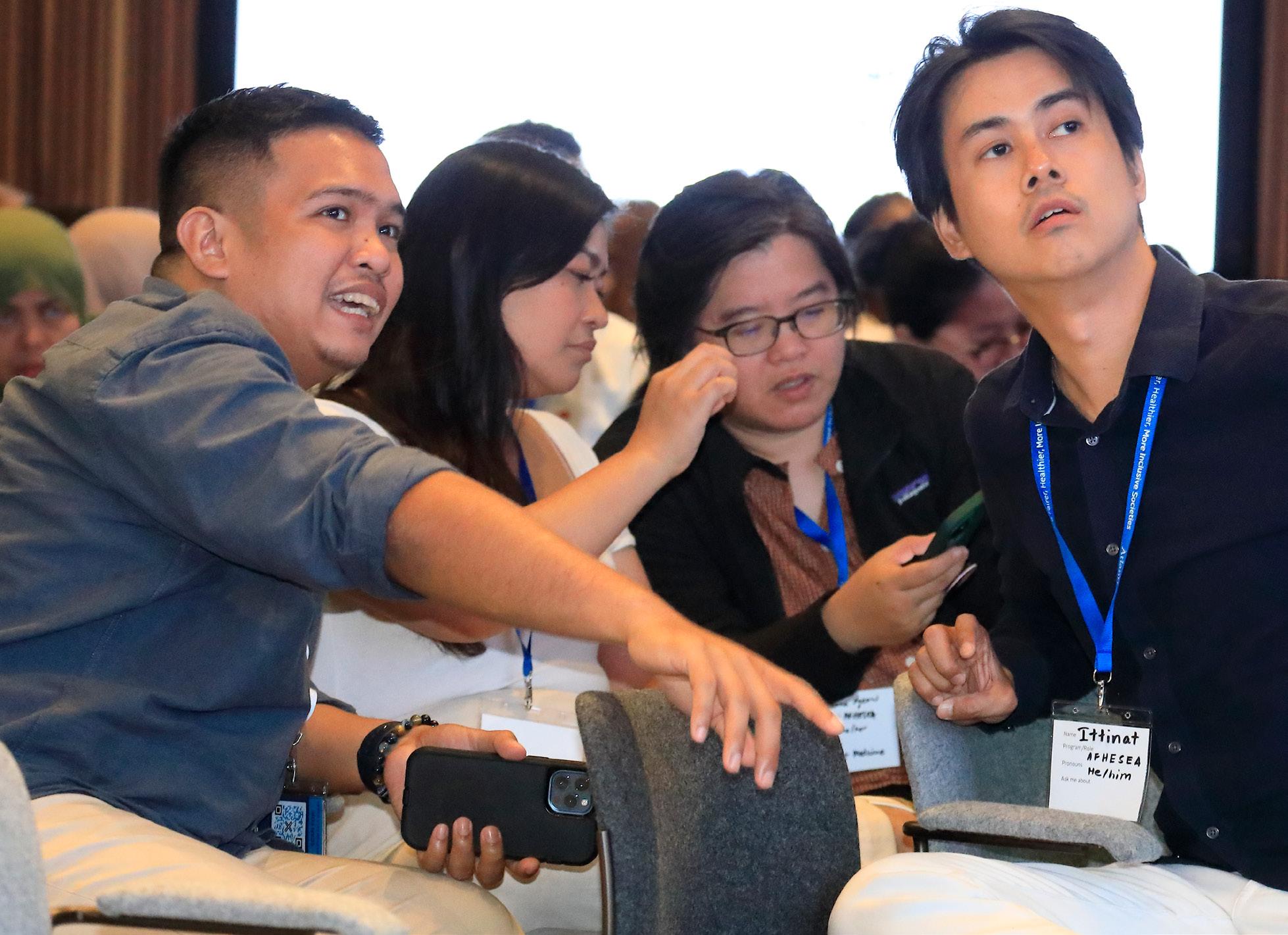
The Rhodes Trust travel insurance policy, provided by AIG Insurance, will cover anyone traveling to the convening. However, this policy cannot be used to make small claims for flight or luggage delays or costs associated with immediate minor medical treatment. Therefore, you are advised to obtain a suitable single-trip travel insurance policy to cover you for the duration of your trip to Oxford. This may be provided by your company, bank, or university, so check with them in the first instance. Otherwise, you will need to purchase your own travel insurance policy. The Atlantic Institute is supporting you with up to £50 for these costs. This contribution is made before the convening.
Once your flight is confirmed, please purchase your travel insurance. You should carry proof of travel insurance as it is required for your United Kingdom visa application and for traveling in the country.
Contact Numbers for Emergency Services in Oxford THE DIRECT NUMBER FOR EMERGENCY SERVICES IN THE U.K. IS 999.
Thames Valley Police Station, St. Aldates, Oxford, OX1 1SZ
Tel: +44 1865 841148
John Radcliffe Hospital
Headley Way, Headington, Oxford OX3 9DU
Tel:+44 300 304 7777
Oxford is generally a safe city and you should feel relaxed here, for the most part. However, be careful about which areas you go into and watch your belongings. If you have any concerns, get in touch with the Atlantic Institute team.
The convening is happening during one of the warmest months in Oxford. July temperatures average a daily high of 20 °C (67 °F) and a low of 11 °C (52 °F). The weather can be unpredictable, so please pack an umbrella as well as sunscreen and a sunhat!
The convening is an informal space, so we encourage you to dress in whatever you feel is comfortable. There will be movement sessions as part of the programming, so please wear clothing that you can move around in with ease. We also encourage you to wear comfortable shoes if you want to explore Oxford the best way, on foot.
• The food is generally of good quality, but use the usual caution when making your choices about eateries.
• You can use both cash/cards for payments. We recommend using debit/credit cards. (Please let your bank know that you will be in the U.K. to avoid problems accessing your accounts.)
There is free WiFi at Rhodes House, Voco Oxford Spires and in all the accommodation you are staying in. Communication links to home via Skype, FaceTime and WhatsApp should allow anyone with more challenging mobile phone networks/providers to stay connected. We will not be providing you with additional SIM cards or mobile options. Please bring plug adaptors so you can charge up your phones using the three-pin plug for the U.K.
Major banks have branches as well as automated teller machines (ATMs) which are linked to all major international networks for drawing currency. Visa and Mastercard are generally accepted across the country but please bear in mind that American Express cards are not always accepted. Additional international fees may be incurred when you use debit and credit cards.
For Fellows extending their stay, banks or ATMs are widely available in most shopping centers in the U.K.
PAPER WORK
A valid passport for the entire stay as this is mandatory for entry to the United Kingdom
A print copy of vaccine certificates (if applicable)
A copy of your visa
A print copy of hotel confirmations (including additional copies for those changing hotels)
A print copy of your flights
A print copy of the invitation letter from the Atlantic Institute
Cash for an emergency
Your credit card
CLOTHING AND MEDICATIONS
Comfortable clothes and shoes. Rainwear, sunhat and smart-casual clothes for dinners
Hand sanitizer — additional supplies in case you have special skin conditions
Shower gel/bath soap and other toiletries you might need
Pain or flu and cold medications
Prescribed medications
OTHER ITEMS
Computer/mobile chargers and adapters
Despite being a relatively small city, there is usually a lot going on in Oxford.
The Oxford Festival of the Arts
See the program for a wide range of Oxford Arts Festival events including musical performances, conversations and art shows.
Write, Cut, Rewrite
Bodleian Library, Broad St., Oxford OX1 3BG
This exhibition is dedicated to the creative importance of editing in literature, often referred to as “killing your darlings.”
Oxford Shakespeare Festival 2024
Oxford Castle and Prison
44-46 Oxford Castle, Oxford OX1 1AY
The Oxford Shakespeare Festival is back for its 14th year! See performances of Shakespeare’s finest classics.
Westgate Mall on Queen St., Oxford OX1 1TR
Westgate is home to global brands, eclectic restaurants and cafes, leisure, and sophisticated rooftop bars and dining.
The Covered Market
Market Street | The Covered Market is a historic market with permanent stalls and shops in a large covered structure in central Oxford.
Gloucester Green Outdoor Street Market
Stalls with street food from around the world, crafts and pre-loved clothing, among other things. Open from Wednesday to Saturday.
There are plenty of amazing restaurants in Oxford city center. Make reservations online or by calling ahead as restaurants in Oxford can get fully booked in peak seasons. In the U.K., most people dine at restaurants from 7 p.m. to 10 p.m. Check the website/or Google them before going.
Arbequina
(Spanish Tapas Cuisine): 72-74 Cowley Rd., Oxford |+44 1865 792777 |££| Michelin-rated restaurant offering tasty, filling tapas dishes.
Antep Kitchen
(Turkish/Middle Eastern Cuisine): 228-230 Cowley Rd., Oxford | +44 1865 247555|££| A family-run restaurant that offers hot and cold mezze. Antep Kitchen is always busy, so book ahead.
Edamamé
(Japanese Cuisine): 15 Holywell St., Oxford, OX1 3SA | +44 1865 246916|££| A little gem serving authentic Japanese food (rice bowls, ramen, and other dishes) in a casual and friendly setting right outside of New College. Lines can be long, so consider calling for collection. Keep your eyes peeled for their Thursday Sushi Nights! Opening hours: Wed: 11:30 a.m. to 2:30 p.m., Thurs, Fri, Sat: 11:30 a.m. to 2:30 p.m. & 5 to 8:30 p.m., Sun: 12-3:30 p.m.
Kazbar
(Spanish and Moroccan Cuisine): 25-27 Cowley Rd., Oxford | +44 1865 202920|££| Tapas dishes. Restaurant decor consists of North African lanterns, kilims and mosaic tables.
Za’atar Bake
(Middle Eastern and Mediterranean Cuisine): 166 Cowley Rd., Oxford | +44 1865 466666 |££| Delicious Manakeesh (baked flatbread), Maqloubah, Arabic Quiche, Fatayer, Tagine, Baklava and more in a vibrant, colorful setting. Za’atar Bake is often busy, so book ahead.
BARS AND PUBS
Oxford has a vibrant nightlife. Depending on your interests and the type of experience you wish you have, here are some options:
The Tap Social Movement
The Tap Social is a craft brewery and hospitality social enterprise that provides training and employment for people in prisons. They have two locations:
– The White House 38 Abingdon Rd., OX1 4PD It is usually open until 11 p.m. daily but closed on Mondays.
– The Taproom Curtis Industrial Estate, 27 North Hinksey Lane, OX2 0LX (outside of Oxford city center) | You will need a taxi-ride to this location. Open from Thursday to Sunday.
Junkyard Golf Club
Castle St., Westgate Mall, OX1 1NU| For crazy golf and cocktails.
The Kings Arms
40 Holywell St., OX1 3SP | +44 1865 242369 | One of the oldest pubs in Oxford, built in 1607 and still standing in its original position.
The Turf Tavern
4-5 Bath Place, OX1 3SU | +44 1865 243235 | Another historic pub in central Oxford, with its foundations dating back to the 14th century.
Ashmolean Museum
Beaumont St., OX1 2PH | The Ashmolean is the University of Oxford’s museum of art and archaeology, founded in 1683.
Ashmolean NOW: Pio Abad
Pio Abad has been shortlisted for the Turner Prize 2024 for his current free Ashmolean exhibition, To Those Sitting in Darkness, which features new drawings and objects by the London-based artist.
KabUnited Kingdomi Legends: Stencil Prints by Takahashi Hiromitsu
Japanese artist Takahashi Hiromitsu creates dynamic, colourful prints showing exciting moments in kabUnited Kingdomi, a traditional form of dance-drama. This is the second show in a two-part exhibition of his works in Gallery 29.
Modern Art Oxford
30 Pembroke St., OX1 1BP| Cutting-edge exhibitions of international modern and contemporary visual art, plus an upbeat cafe.
Oxford University Museum of Natural History
South Parks Rd., OX1 3PW
Housed in a stunning example of neo-Gothic architecture, and among its most famous features are the Oxfordshire dinosaurs and remains of a dodo. Very family-friendly.
Pitt Rivers Museum
South Parks Road, OX1 3PW | A collection of anthropology and world archaeology (housed in the same building as the Museum of Natural History).
Please note that a visit to the Museum evokes very different emotions and feelings with different people, depending on background and walks of life. For those who have heritage or roots in regions of the world that suffered the violence of the Empire, the Pitt Rivers Museum can be a very difficult and hurtful place. See more at Inside Pitt Rivers Museum, Oxford .
The Story Museum
42 Pembroke St., OX1 1BP | A unique museum celebrating the human need for stories and narratives and the benefits they can bring. Very family-friendly.
New Theatre Oxford 24-26 George St., OX1 2AG
Oxford Playhouse 11-12 Beaumont St., OX1 2LW
Riverside walks are a great way to see Oxford during the day but the paths are not lit at night so night-time riverside walks are not recommended.
University Parks opens daily at 7.45 a.m and is a wonderful place for walking or running.
Port Meadow in north Oxford is one of the largest open spaces in the city. With the River Thames flowing through it, it is home to cattle, horses and wildfowl and a great place to view the University’s “dreaming spires.”
If you are arriving early or extending your stay, we recommend the following transport options: Oxford is best explored on foot with plenty of walks through the ancient and historical city. We suggest an early morning stroll around the city when it is quiet and you can truly enjoy its beauty.
Two of the main companies are 001 Taxis and Royal Cars.
• 001 Taxis : +44 1865 240000
• Royal Cars: +44 1865 777333
Please note that e-hailing services such as Uber and Bolt are not available in Oxford, so please download the Royal Cars or Free Now apps onto your mobile phone. There may be a long wait during busy times such as lunch and evening meal times (particularly at the weekend).
Bicycles are also a convenient way to get around the city. They can be rented from Bainton Bikes .
For travel to London, there are regular train and bus services. Train tickets can be booked online gwr.com . Buses depart from Gloucester Green, Oxford.
Use the Atlantic Fellows Hub to connect and collaborate with Atlantic Fellows and program staff, and share photos or messages about the convening with the community.
Follow @atlanticfellows on Facebook, LinkedIn, X/Twitter and Instagram to stay up-to-date on the news and find out what other Fellows and program staff are doing. Please share your own thoughts or photos on your social media channels, checking first that everyone in the photo is happy to appear.
ARE YOU FOLLOWING OUR SOCIAL MEDIA CHANNELS?
x.com/AtlanticFellows
facebook.com/AtlanticFellows
instagram.com/Atlanticfellows
linkedin/AtlanticFellows
Remember to use the hashtags for the convening #AtlanticFellows #Catalytic
Get in touch with others via the Hub. Please feel free to connect with Fellows and program staff via the Connect tab or the Community Groups page. You can find the Community Groups page using the QR code below:

Check out the Augmented Reality experiences created by Atlantic Fellows to welcome you to the global community.
1. Open the camera application on your phone and hold it up to the QR code.
2. Tap to open the link at the top of the page: “Open xr.atlanticfellows.org.”

Atlantic Fellows for Equity in Brain Health Dublin and San Francisco
Atlantic Fellows for Health Equity Southeast Asia, Bangkok
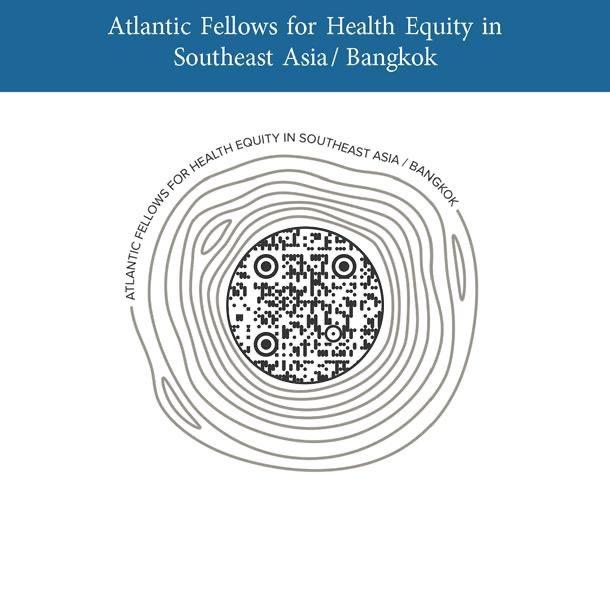
3. When prompted please press the “allow” button to authorize access to your phone’s motion sensors, camera and audio.
4. You will then be taken to the Augmented Reality screen, which will show your camera screen.
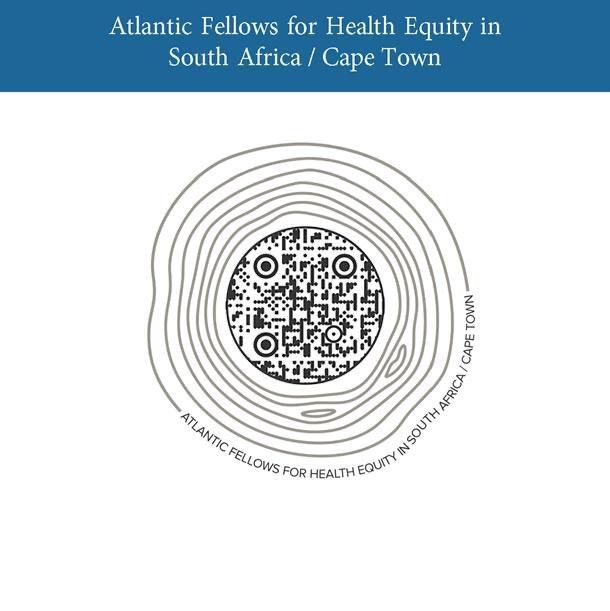
Atlantic Fellows for Health Equity South Africa, Capetown

Atlantic Fellows for Health Equity U.S. + Global, Washington D.C.
5. The first message displayed will be “Please move the camera around to scan surface.” Point your device towards the large, flat, even surface. If you do not see this message, then don’t worry. This means the surface has already been detected.
6. You will then see the message “Tap to place.” Please aim your device directly down onto the surface and tap a location to place.
7. A blue circle will appear — tap it to start the virtual experience!
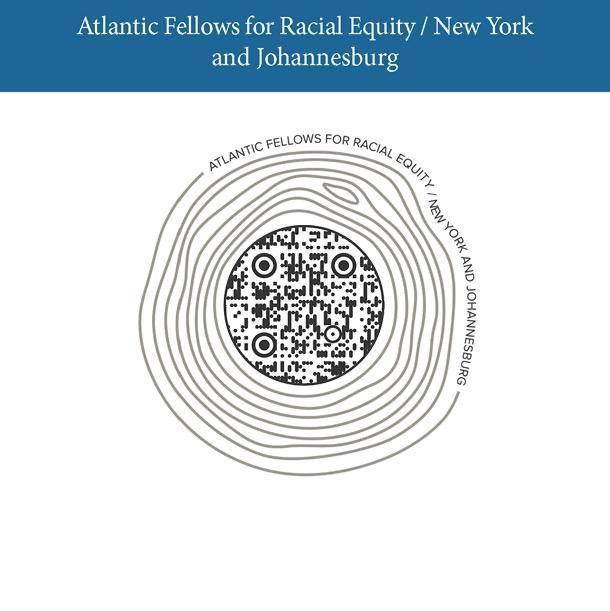
New York and Johannesburg
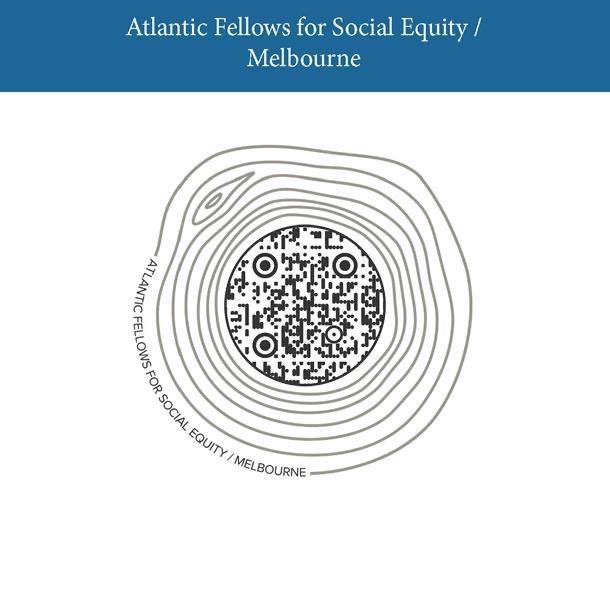
 Atlantic Fellows for Racial Equity
Atlantic Fellows for Social Equity Melbourne
Atlantic Fellows for Racial Equity
Atlantic Fellows for Social Equity Melbourne
All personal information provided will be stored and processed by the Atlantic Institute in line with our Privacy Policy and the GDPR (General Data Protection Regulation) principles. When you submitted your application to participate in this event, you agreed that you had read and understood the Atlantic Institute’s Privacy Policy on how we collect and use your information to administrate, research, communicate, build and support the global Atlantic Fellows community.
We should communicate with you if there are any recordings taking place at the event so you can make an informed decision about whether and how you wish to participate.
If you have any questions, comments or concerns about how your data will be managed, please contact Daniel Salazar Murillo, data insight lead, at: daniel.salazarmurillo@atlanticfellows.org
